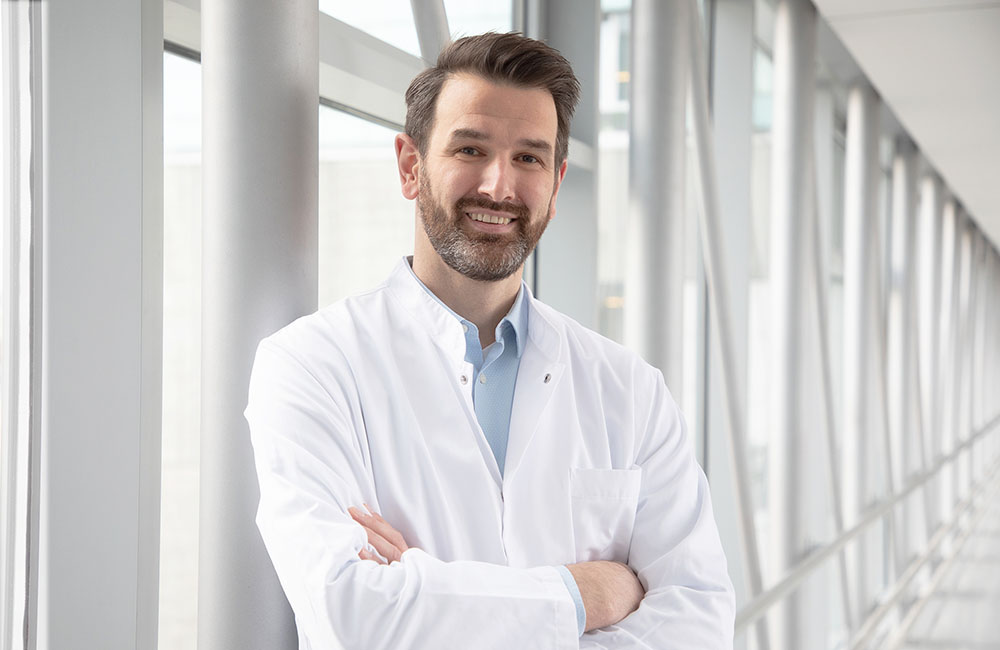Europe-wide study launched for the early detection of stomach cancer
Pilot study in Magdeburg evaluates screening method for the prevention of stomach cancer
With around 136,000 new diagnoses and around 97,000 deaths in Europe every year, stomach cancer is the fourth most common cancer worldwide. Although early detection is crucial for the chances of survival and successful treatment, there is no effective screening method for preventing stomach cancer in Europe. The European consortium TOGAS wants to change this and has launched several prevention studies to evaluate a gastric cancer screening program in the EU. In one sub-project, researchers from Magdeburg University Hospital are working with several other European partners to investigate the establishment of gastroscopy as a suitable tool in addition to colorectal cancer screening in patients who are already receiving a colonoscopy. A gastroscopy can help to identify early stages, but also precursor lesions and risk factors of gastric cancer.
Prof. Dr. med. Jochen Weigt is head of the pilot study and deputy clinic director at the University Clinic for Gastroenterology, Hepatology and Infectiology in Magdeburg. He emphasizes: "Unfortunately, most stomach cancers are only discovered in later stages, when the symptoms are already present."In these cases, the gastroenterologist continues, a cure is less likely.Therefore, participating in gastric cancer screening, even if symptoms are not yet present, could prove to be important. "By implementing this screening measure, we expect not only to improve the early detection of gastric cancer, but also to gain valuable insights for the development of optimal screening strategies in the EU," explains Weigt.

Photo: Prof. Dr. med. Jochen Weigt, Deputy Clinic Director at the University Clinic for Gastroenterology, Hepatology and Infectiology in Magdeburg, is leading the pilot study to evaluate a screening method for the prevention of stomach cancer.
Photo: Melitta Schubert/University Medicine Magdeburg
Therefore, the overall aim of TOGAS is to provide the missing evidence-based knowledge that can be used for the design, planning and implementation of appropriate gastric cancer screening in the EU. The challenges of the study lie in the diversity of the various population groups, different age structures and different healthcare systems within Europe.
About TOGAS
The TOGAS initiative (Towards Gastric Cancer Screening Implementation in the European Union) consists of 50 EU partners and is coordinated by the University of Latvia in Riga. The consortium takes a holistic approach with three clear objectives. Firstly, a comprehensive assessment of the status and needs of Member States in gastric cancer prevention, including information on existing screening initiatives. Secondly, the suitability and effectiveness of different methods of gastric cancer screening for use in the EU will be assessed. Thirdly, the focus is on ensuring the sustainability of results through an effective dissemination strategy and coordination, taking into account European guidelines and quality assurance systems.
The project is funded by the European Union in the "EU4Health" program with 12 million euros (approx. 560,000 euros for the Magdeburg site).
Further information at https://www.togas.lu.lv/.
Contact
Prof. Dr. med. Jochen Weigt, University Clinic for Gastroenterology, Hepatology and Infectiology, 0391/67 13122, jochen.weigt@med.ovgu.de






